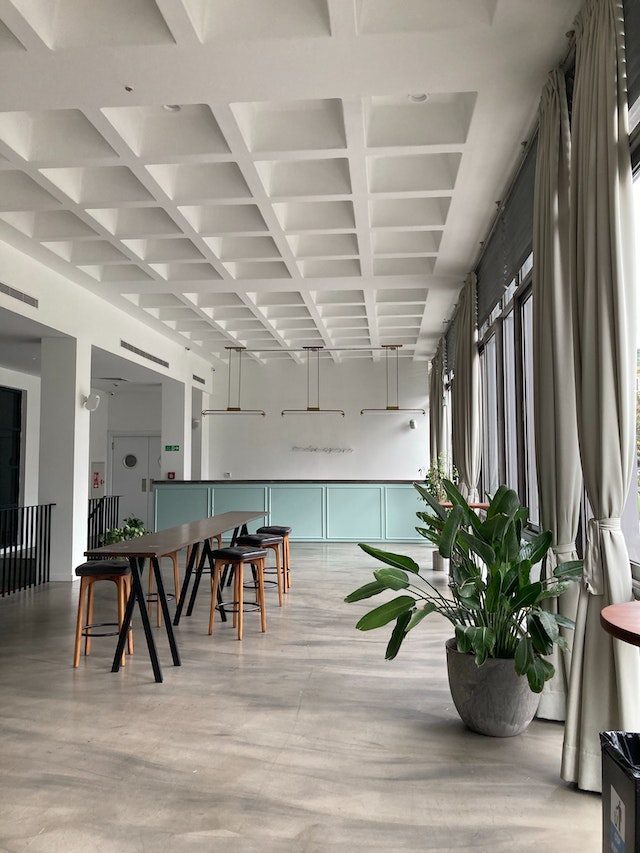Landlord Blog
Education and news for smart DIY landlords!
How Does Remote Work Affect the Real Estate Industry?

The rise of remote work has fundamentally reshaped the way we approach our professional lives. As technology continues to bridge the gap between physical presence and virtual connectivity, the real estate industry finds itself undergoing a significant transformation.
Remote work has unleashed a wave of changes in housing preferences, property demand, and urban planning. Here’s what you need to know about its impact on the real estate industry.
Shift in Housing Preferences
As you’ll probably agree, remote work blurs the lines between where we live and where we work. As a result, individuals are reassessing their housing choices. The once-prevailing notion of living in proximity to one's workplace has given way to a preference for more spacious homes in suburban or rural areas.
This means people are seeking properties that offer dedicated home offices, outdoor spaces, and a better work-life balance. This shift in housing preferences has led to increased demand for single-family homes and properties outside densely populated urban centers.
Urban Exodus and Suburban Resurgence
The allure of urban living was often tied to the convenience of short commutes and access to cultural amenities.
However, with remote work enabling professionals to work from anywhere, many are opting to leave crowded cities in search of quieter suburban neighborhoods.
This “urban exodus” has impacted urban rental markets and prompted a resurgence in suburban and rural real estate markets. As more people seek properties away from the city, suburbs are experiencing revitalization, and secondary markets are becoming attractive options.
Remote-Friendly Amenities
The real estate industry is adapting to the remote work trend by offering properties equipped with features that cater to the needs of remote workers.
Developers are incorporating home offices, high-speed internet connectivity, and dedicated workspaces into their designs.
Additionally, communal co-working spaces within residential buildings are becoming more prevalent, providing residents with a professional environment to work from while enjoying the convenience of home.

Impact on Commercial Real Estate
The shift towards remote work has had a profound impact on the commercial real estate sector. As companies adopt hybrid work models, the demand for traditional office space has decreased.
For example, some businesses are downsizing their office footprint or embracing flexible office solutions. This has prompted landlords and developers to reimagine office spaces, focusing on creating collaborative and adaptable environments that cater to a changing workforce.
Reshaping Urban Planning
The remote work trend is influencing urban planning strategies. Cities are reevaluating zoning regulations and building codes to accommodate the changing needs of residents.
There is an increased emphasis on creating mixed-use developments that integrate residential, commercial, and recreational spaces. Walkable neighborhoods with access to essential amenities are gaining traction, as residents prioritize convenience and quality of life over proximity to the workplace.
Investment Opportunities
The transformation of the real estate landscape presents investors with new opportunities. Properties in suburban and rural areas are experiencing heightened demand, potentially leading to increased property values.
Additionally, investors are exploring the potential of converting underutilized commercial spaces into mixed-use developments or residential properties. As the market evolves, those who can identify and adapt to emerging trends stand to benefit.
Final Thoughts
The industry's ability to adapt to these shifts will determine its future success. As the lines between work and home continue to blur, the real estate sector must remain agile, innovative, and responsive to the evolving needs and desires of a remote-enabled workforce.
